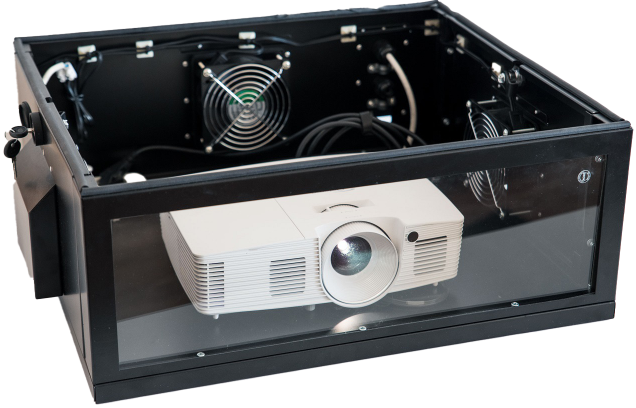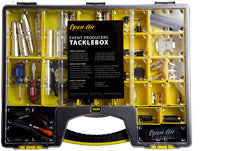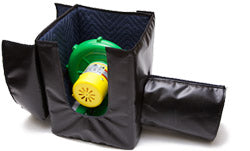
.
If you own any kind of audio or visual equipment, you're going to end up spending a pretty penny on cables. Not only are good cables moderately expensive, but they are often needed in great numbers - have you ever put on an outdoor cinema event that only required one AV cable? Of course not. In addition, the cables you do buy will need to be replaced every so often, due to damage, regular wear, and unavoidable loss.
In this post, we're going to go over some criteria that you should bear in mind when you're on the hunt for new cables. Since it is inevitable that cables are going to take up a small, but noticeable chunk in your budget, it's important to be selective and discerning, so that you might get the most bang for your buck. When you're staring at a bunch of coiled cables on the rack at the store, ask yourself these questions:
What Do You Need It For?
This seems like a simple enough question, but it's a good barometer for the type of cable needed. If you're looking to hook up an old VCR to your projector for a marathon of home movies, you're not going to need a top-of-the-line. Conversely, if you're trying to hook up a Blu-Ray player, you'll want an HDMI cable and you'll want a cable of considerable quality. Your venue will also be a factor to consider. If you're going to install your cables into the walls of your home theater, you'll need higher-end cables that aren't subject to easy deterioration. If you're using your projector for large outdoor events, the cables you use will need to be very durable, able to withstand high or low temperatures and wet conditions. They will also need to be considerably longer the larger your venue is.
What Kind of Signal Will the Cable Carry?
Again, a simple enough question, but a vital one. The more sophisticated the signal, the more modern the cable will need to be. Obviously, the signal that is sent by a VCR is a lot more primitive compared to the signal that is sent out by a computer with a sophisticated graphics card or a Blu-Ray player. Remember, too, that there are different levels of quality even within the same genus of cables. For example, there are HDMI cables that are capable of handling 720p or 1080p signals. There are others that are specifically designed for large data transmission, or 3D televisions. Make sure that the cable you're buying is outfitted for the specific needs of your entertainment console.
What Length Do I Need?
Hopefully no one needs to emphasize the importance of proper measurement for you. Whether you're building the ultimate home theater or you're producing outdoor cinema events at various locales, you'll need to know exactly the length of cable you'll need. You don't want to literally come up short when showtime is approaching. Be sure to consider not only the size of your venue, but also the capabilities of your projector, and the recommended throw distance between your projector's lens and the screen.
Consider the Anatomy
Take some time to learn about the basic anatomy of an AV cable. Doing so will come in handy when you're looking at two different quarter-inch speaker cables wondering which one is better. You might find that a cable with a stranded conductor is more suitable to your needs than a cable with a solid conductor. The metal from which your cable's conductor is made will also determine certain levels of signal transmission, which can in turn affect both the clarity of the image you're trying to display and the clarity of its accompanying sound. The jacket of the cable itself should also be a consideration. If your cables are going to be exposed to the sun's light and heat on a regular, you'll want a cable with a polyethylene jacket that has been treated for UV exposure.
More often than not, we buy cables in a big hurry. Your event is supposed to start in 5 minutes and the only store in town that sells AV equipment is about to close for the night and you just need to get an HDMI cable, any HDMI cable. But, taking the time to consider these questions will always pay off. You'll still have to replace cables, but not nearly so often, and your outdoor cinematic experience will be all the more crisp and clear.
 .
.





